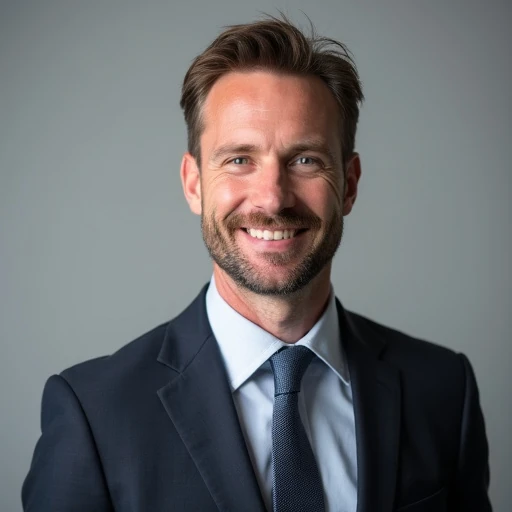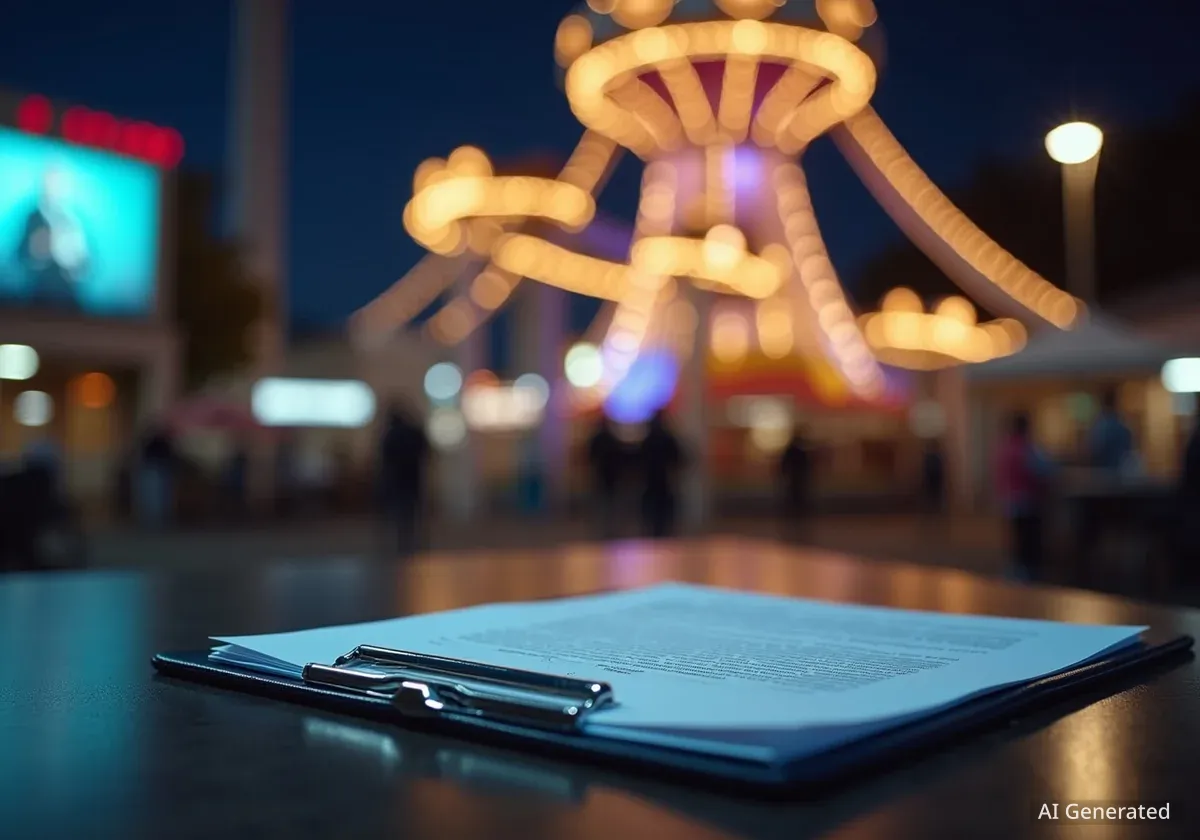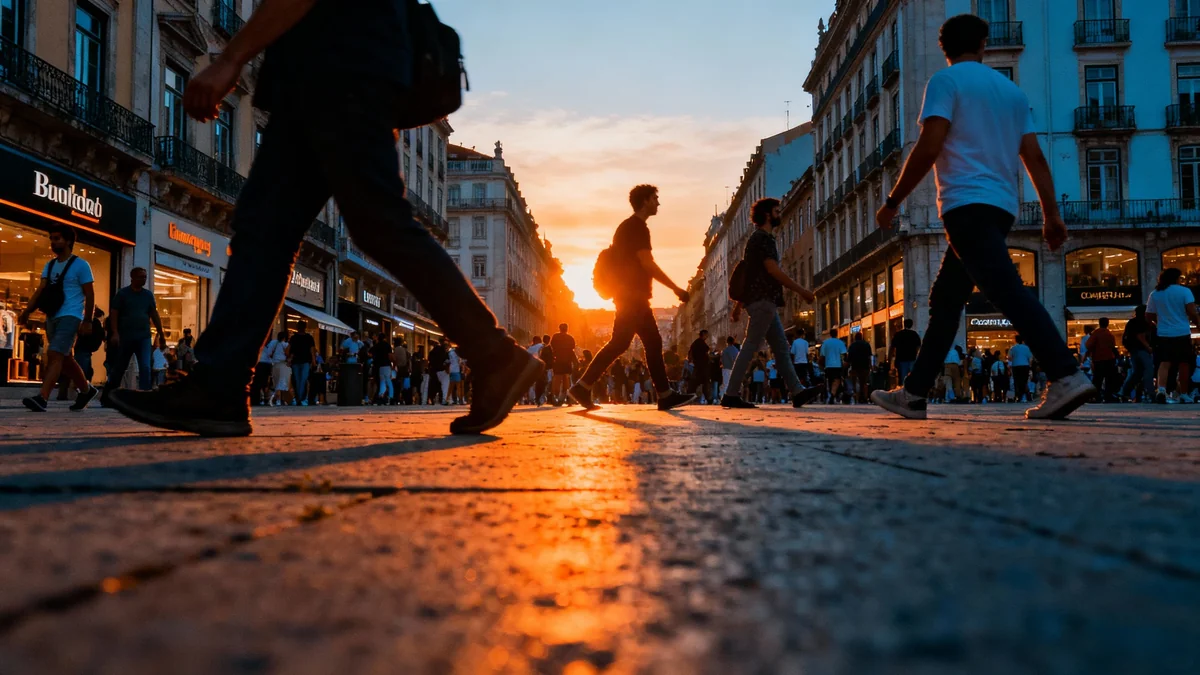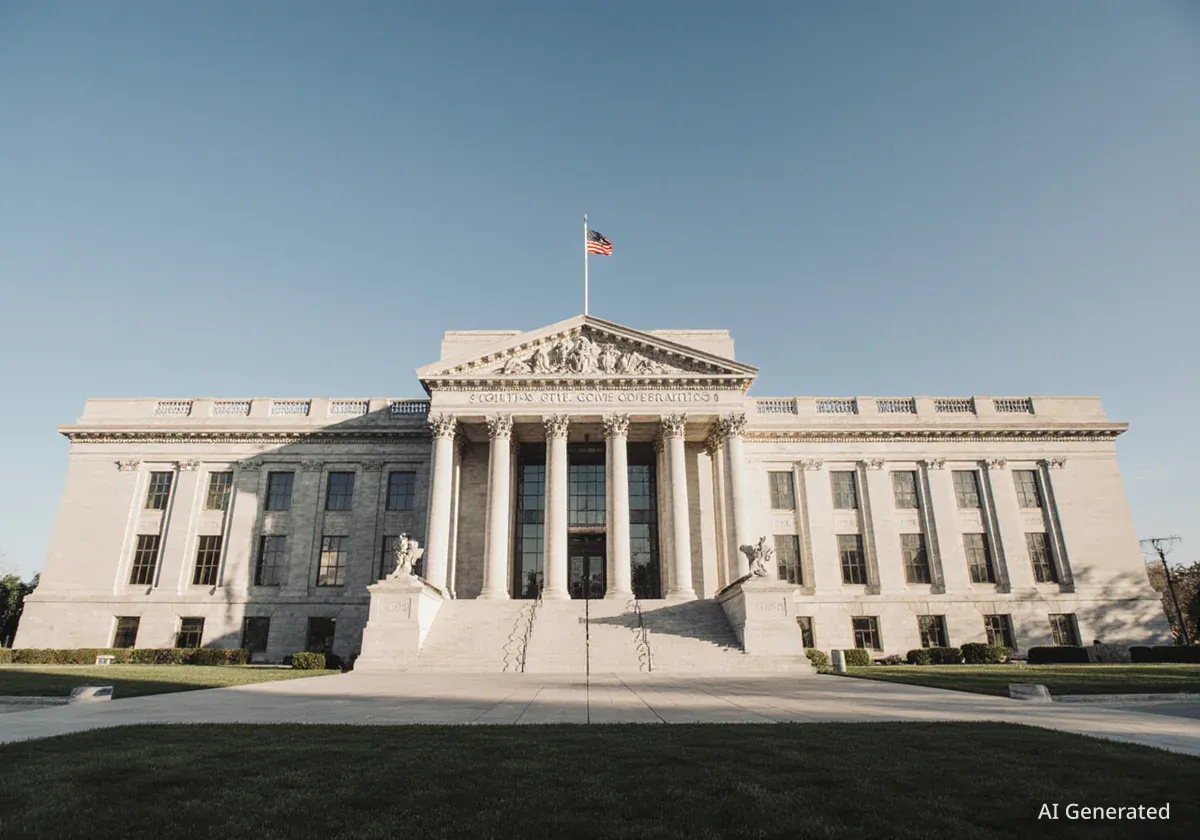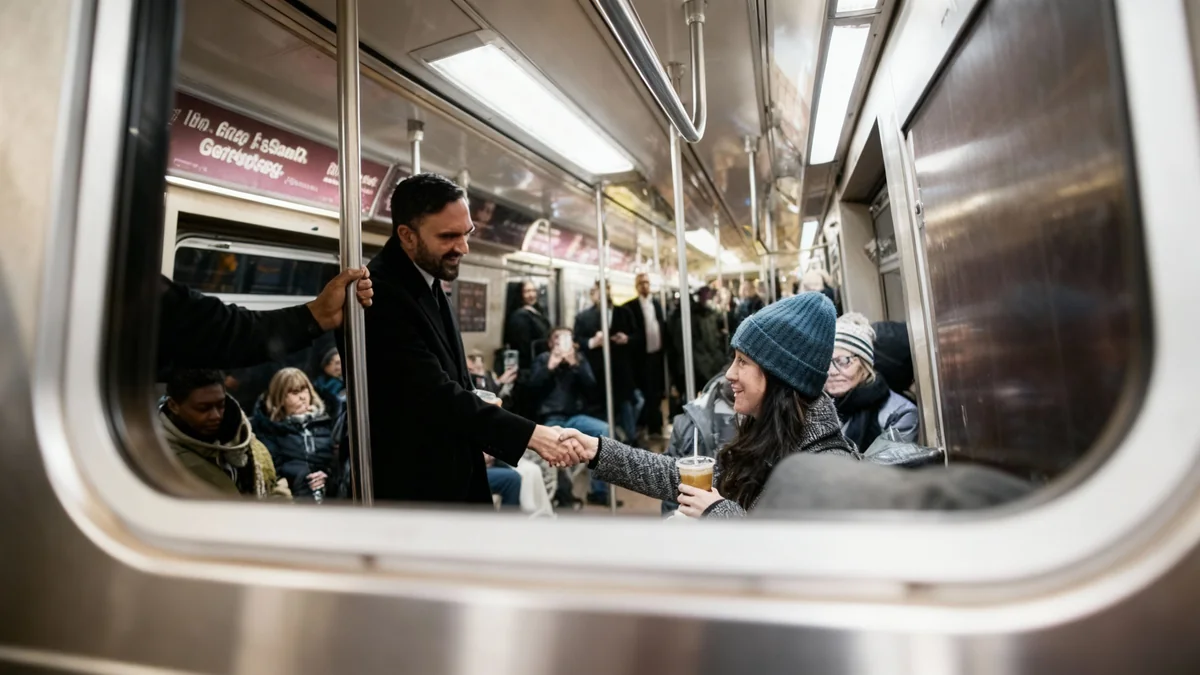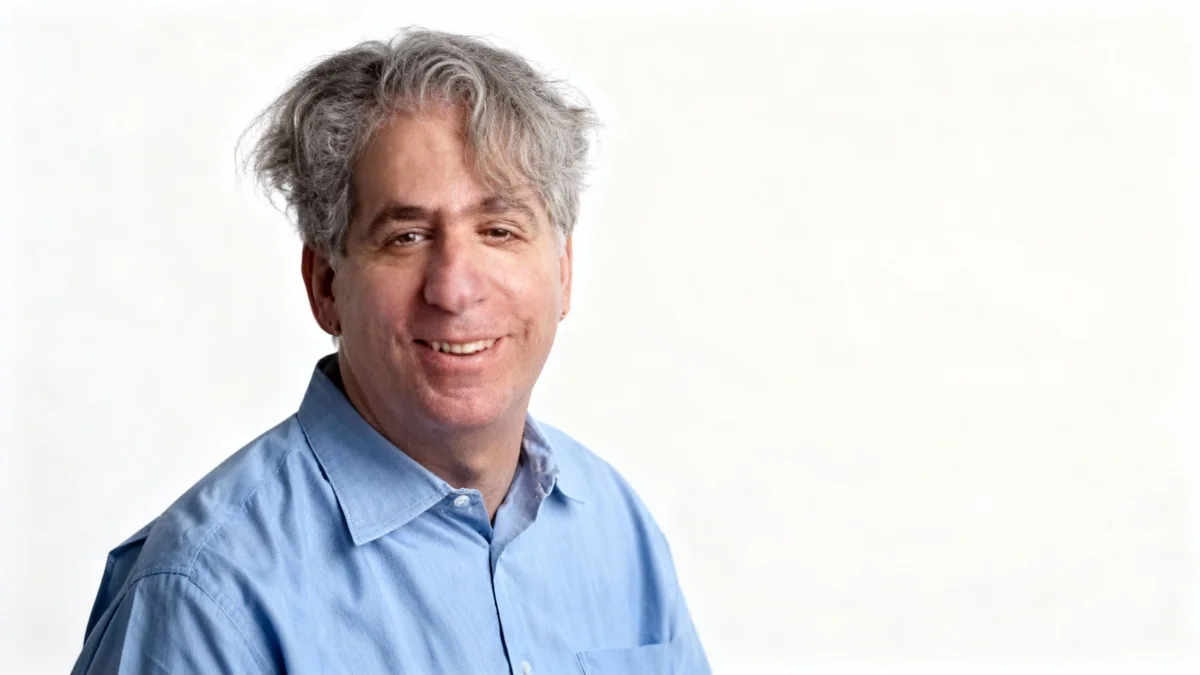Florida's major theme parks, including Universal and Disney, operate largely without state oversight for their rides, a practice that continues despite recent incidents. Critics argue this exemption stems from financial contributions made by these parks to political campaigns.
Key Takeaways
- Florida's largest theme parks are exempt from state ride safety inspections.
- This exemption has been in place for decades, allowing parks to self-regulate.
- Recent incidents, including a fatality, have renewed calls for state oversight.
- Critics link the lack of regulation to political donations from theme park companies.
- The debate over ride safety and accountability continues.
Florida's Unique Regulatory Landscape
Unlike many other states, Florida has specific legal exemptions that allow its largest theme parks to avoid direct state regulation of their rides. This means that major operators like Walt Disney World and Universal Orlando Resort conduct their own safety inspections and maintenance protocols.
This system contrasts sharply with the oversight applied to smaller carnivals and fairs across the state, which are subject to regular governmental checks. The policy has been a point of contention for years, with advocates for stricter safety measures highlighting the potential risks.
Fact: Size Matters
Florida law exempts amusement parks from state inspections if they employ more than 1,000 people and have their own full-time inspectors. This effectively covers the state's largest theme park operators.
Recent Incidents Renew Call for Oversight
The discussion around theme park ride safety gained renewed attention following a recent incident. In October 2025, a passenger died after riding the new Stardust Racers coaster at Universal's Epic Universe in Orlando. This attraction, which debuted earlier this year, temporarily closed after the fatality.
Such events often lead to public questions about the adequacy of existing safety protocols. Watchdog groups and concerned citizens have consistently asked why parks with millions of visitors annually are not subject to the same level of independent review as smaller attractions.
"When a tragedy occurs, the immediate question is always, 'Could this have been prevented?' In Florida, that question is complicated by the fact that the state isn't directly involved in safety checks at our biggest parks," a consumer safety advocate stated.
The Stardust Racers Incident
The Stardust Racers, a dueling coaster ride, was a highly anticipated addition to Epic Universe. Its temporary closure after the passenger death prompted internal investigations by Universal. Details of the incident remain under review, but it has reignited the broader debate on regulatory practices.
Universal, like other large parks, has its own team of safety experts and engineers. They are responsible for ensuring rides meet industry standards and are maintained correctly. However, the absence of an external, independent state body for oversight is a key concern for critics.
Historical Context of Theme Park Regulation
The exemption for large Florida theme parks dates back several decades. It was established at a time when the parks argued they had the resources and expertise to manage their own safety programs effectively. This argument has largely held sway in legislative discussions since then.
Political Contributions and Legislative Influence
Critics often point to the significant political donations made by major theme park companies as a primary reason for the continued regulatory exemptions. These contributions are directed to political campaigns and parties, which some argue helps maintain the current self-regulation framework.
Transparency in political funding is a frequent topic of debate. Organizations that track campaign finance highlight how various industries contribute to politicians. The theme park industry is a major economic driver in Florida, and its contributions are part of the larger political landscape.
- Campaign Donations: Theme park companies contribute funds to political campaigns.
- Lobbying Efforts: These companies also engage in lobbying to influence legislation.
- Economic Impact: Parks argue that strict external regulation could hinder innovation and economic growth.
The Argument for Self-Regulation
Theme park operators contend that they have a strong financial incentive to maintain the highest safety standards. Any major incident can severely damage their brand reputation and lead to significant financial losses. They invest heavily in advanced safety technology, staff training, and rigorous inspection schedules.
According to park representatives, their internal safety teams often exceed state requirements that would be applicable to smaller operations. They employ specialized engineers and technicians who understand the complex mechanics of their unique attractions.
For example, a typical large theme park might conduct daily, weekly, monthly, and annual inspections of each ride. These inspections involve detailed checks of mechanical components, electrical systems, and safety restraints. Any issues identified are addressed immediately before a ride reopens to guests.
Calls for Change and Future Outlook
Despite the parks' arguments, calls for independent state oversight persist. Lawmakers sometimes propose legislation to close the exemption, but these efforts have not been successful in recent years. The economic power of the theme park industry in Florida remains a significant factor.
The tourism sector is a cornerstone of Florida's economy, generating billions of dollars annually and supporting hundreds of thousands of jobs. This economic importance gives theme park companies considerable influence in state policy discussions.
Advocates for change argue that public trust and safety should take precedence. They believe that an independent state agency could provide an additional layer of accountability and ensure uniform safety standards across all amusement attractions, regardless of size.
The debate is likely to continue, especially after high-profile incidents. As new attractions are developed and visitor numbers grow, the discussion around how best to ensure ride safety in Florida's iconic theme parks will remain relevant.
Ensuring public safety is a shared goal. The question is whether the current system of self-regulation adequately achieves this goal for Florida's largest and most visited attractions. The outcome of this ongoing discussion will shape the future of ride safety in the state.
